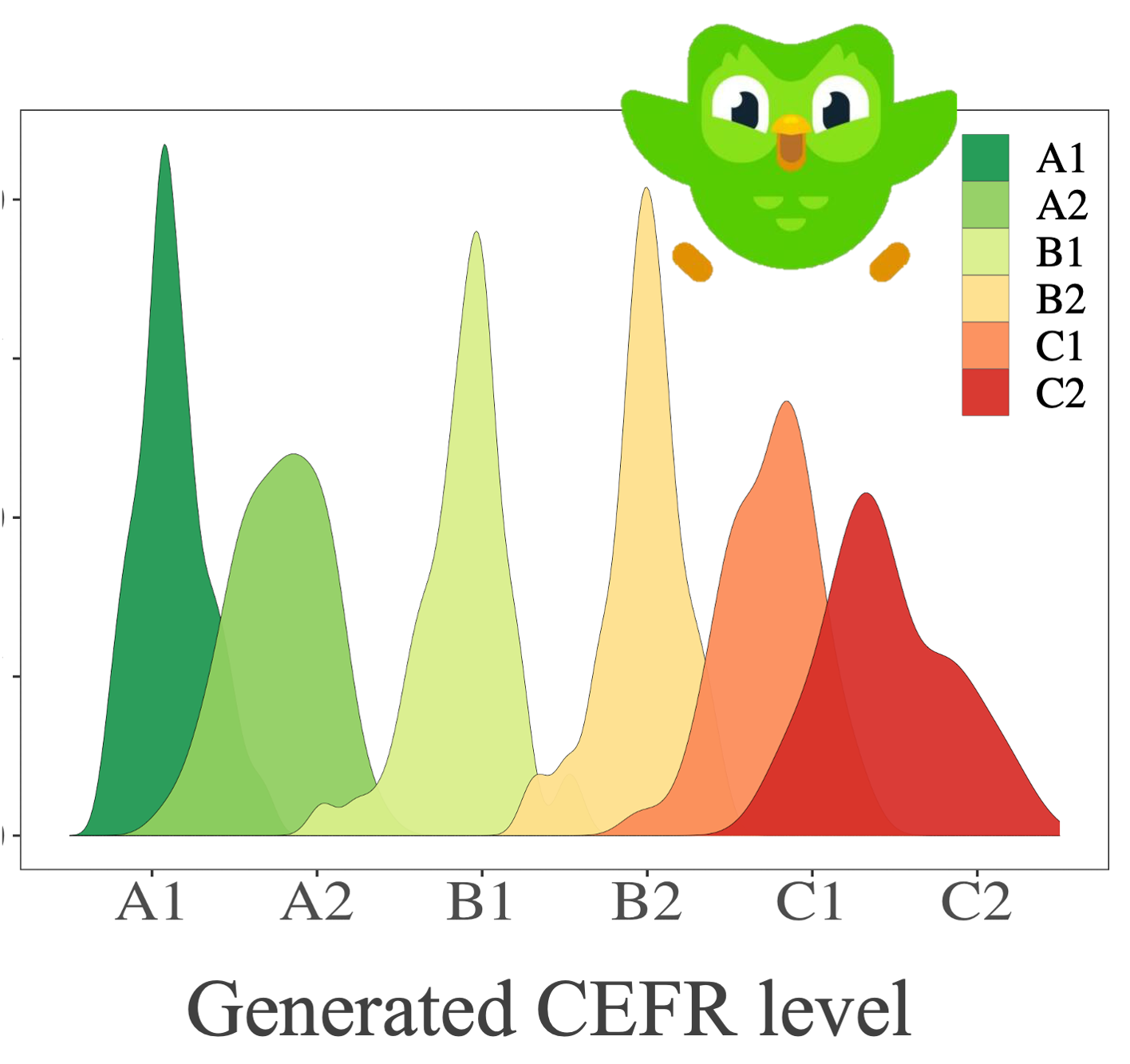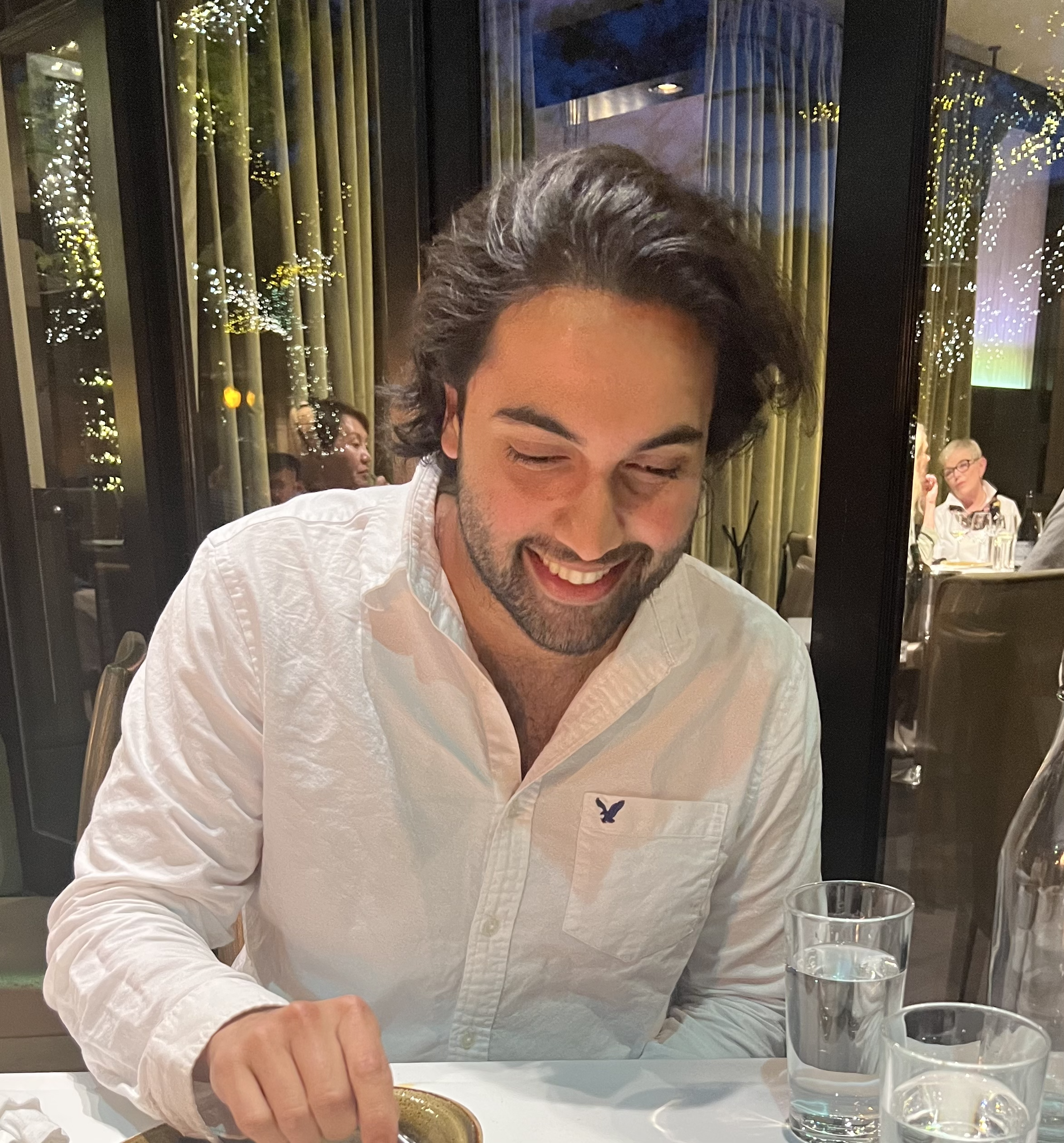I am a fourth-year PhD student in Computer Science at Stanford University advised by Prof. Chris Piech.
My research interests center broadly around enabling high-quality education at a global scale, with a specific interest in scaling the human and social dynamics of learning to these settings. In 2020, I co-created Stanford Code in Place to teach intro programming course to 20,000 students with a team of 2,000 volunteer TAs.
Separately, I also enjoy doing research in theoretical computer science and have worked on several problems in computational complexity and learning theory with Prof. Li-Yang Tan.
I have a deep love for teaching and learning. As an undergraduate, I was fortunate to lecture a class on industry C++ programming! I also keep a blog on the side where I write about random Maths, CS, and Philosophy related gems that come my way.
Teaching
Here are some links to the class websites of the courses I have taught at Stanford so far. If you have any questions or suggestions for improvements, please feel free to email me!
Papers and Projects

From Tarzan to Tolkien: Controlling the Proficiency Level of LLMs for Content Generation
A. Malik, S. Mayhew, C. Piech, K. Bicknell
Findings of the 62nd Annual Meeting of the Association for Computational Linguistics (ACL) 2024.

TeachNow: Enabling Spontaneous 1:1 Help in Massive Online Courses
A. Malik*, J. Woodrow*, C. Piech
Proceedings of the 29th ACM conference on Innovation and Technology in Computer Science Education (ITiCSE), Milan, Italy 2024.

Learners Teaching Novices: An Uplifting Alternative Assessment
A. Malik, J. Woodrow, C. Piech
Proceedings of the 55th ACM Technical Symposium on Computer Science Education (SIGCSE), Portland, USA. 2024.

Lifting uniform learners via distributional decomposition
G. Blanc*, J. Lange*, A. Malik*, L. Tan*
*alphabetical order
Proceedings of the 55th Annual ACM Symposium on Theory of Computing (STOC), Orlando, USA. 2023

Popular decision tree algorithms are provably noise tolerant
G. Blanc*, J. Lange*, A. Malik*, L. Tan*
*alphabetical order
Proceedings of the 39th International Conference on Machine Learning (ICML), Balitmore, USA. 2022
On the power of adaptivity in statistical adversaries
G. Blanc*, J. Lange*, A. Malik*, L. Tan*
*alphabetical order
Proceedings of the 35th Annual Conference on Learning Theory (COLT), London, UK. 2022

Generative Grading: Near human-level accuracy for automated feedback
A. Malik*, M. Wu*, V. Vasavada, J. Song, M. Coots, J. Mitchell, N. Goodman, C. Piech
Proceedings of the 14th International Conference on Educational Data Mining (EDM), Paris, France. 2021

Code in Place: Online section leading for scalable human-centered learning
C. Piech, A. Malik, K. Jue, M. Sahami
Proceedings of the 52nd ACM Technical Symposium on Computer Science Education (SIGCSE), (Virtual) USA, 2021.

The Stanford Acuity Test: A probabilistic approach for precise visual acuity testing
C. Piech*, A. Malik*, L. Scott, R. Chang, C. Lin
Proceedings of the 34th AAAI Conference on Artificial Intelligence, New York, USA. 2020.

Calibrated model-based deep reinforcement learning
A. Malik*, V. Kuleshov*, J. Song, D. Nemer, H. Seymour, S. Ermon
Proceedings of the 36th International Conference on Machine Learning (ICML), Long Beach, USA. 2019

Using latent variable models to observe academic pathways
N. Gruver, A. Malik, B. Capoor, C. Piech, M. Stevens, A. Paepcke
Proceedings of the 12th International Conference on Educational Data Mining (EDM), Montréal, Canada. 2019

BlueBook: Secure, electronic Computer Science exams
A. Malik, B. Capoor, C. Piech
A secure, reliable, cross-platform desktop application to administer computerised examination for large classes. Has been used to administer over 5000 exams in Stanford's introductory CS classes.

DeepGIFs
A. Malik, M. Troute, B. Capoor
Exploring the effectiveness of deep generative recurrent networks in the task of understanding and generating motion. In particular, we attempt to generate GIFs of realistic mechanical motion on a synthetic dataset from an initial seed frame.

WikiRacer
A. Malik
An assignment I wrote where students implement an algorithm that finds a link ladder between two given Wikipedia pages.
